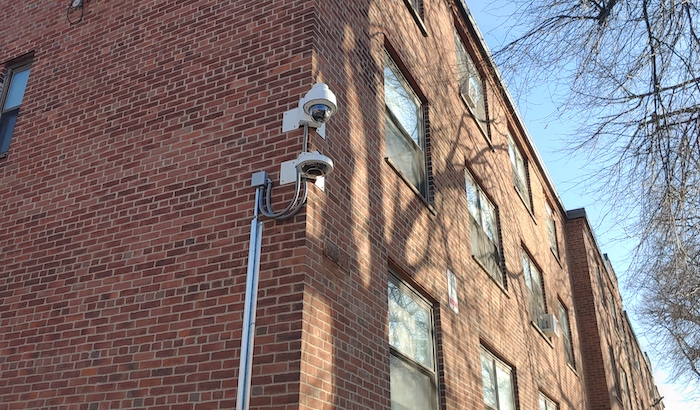
The way things are now, those with the least resources and access are categorically excluded
When it comes to making policies and systems to help the communities that have been the most damaged by pot prohibition, it often seems like new hurdles emerge every time one is cleared.
In one example, as we recently noted in an update about social consumption (lounges, cafes, etc.) in Massachusetts, licenses for those future establishments are limited to Economic Empowerment Priority applicants or Social Equity Program participants, microbusinesses, and Craft Marijuana Cooperatives for the first 36 months. And while that certainly seems like an advantage, as things stand now, the burden is on those small businesses—along with regulators—to chart the course and help set regulations before even getting to open their establishments.
It’s been a similar plotline for cannabis delivery licensees. Interviews with companies like Rolling Releaf and Zyp Run have highlighted how laws around mobile weed were initially imperfect and still have many flaws, like that services are required to dispatch two drivers at a time for each delivery, which operators argue is as costly as it is unnecessary. They’re also restricted from delivering to hotels.
Furthermore, in one particularly cruel irony since many social equity operators are from urban areas, delivery companies can’t drop off to public housing projects. It’s right there in the regulations: a Delivery Operator, Marijuana Courier, or Marijuana Establishment with a Delivery Endorsement “shall deliver only to the Residence address provided,” and is “prohibited from delivering to … dormitories or other on-campus college or university housing; bed-and-breakfast establishments, hotels, motels or other commercial hospitality operations; and federal public housing (as identified on the US Department of Housing and Urban Development map), shelters or residential programs.”
You don’t have to be a committed social justice crusader to see how ludicrous this is. These are places where people have less access and resources, and aside from bed-and-breakfast guests and college students, they’re basically alone in being excluded from delivery in municipalities that allow for it. As one social equity advocate put it at a recent gathering of small cannabis business license holders, “This whole legislation wasn’t written for [people in communities with severe hardships]. Particularly if they have medical cards, they shouldn’t be excluded from delivery.”
As things tend to go with cannabis and the federal government, the current policies that trickle down and reflect in state laws stem from a 2014 guidance memo that not only ignored the plight of medical patients but actually targeted them. As HUD wrote about the “use of marijuana in multifamily assisted properties”: “the Controlled Substances Act (CSA) categorizes marijuana as a Schedule 1 substance and therefore the manufacture, distribution, or possession of marijuana is a federal criminal offense. Because the CSA prohibits all forms of marijuana use, the use of ‘medical marijuana’ is illegal under federal law even if it is permitted under state law.” Needless to say, the same goes for recreational weed.
I’m researching a longer feature on this topic that also looks at big cities in other states, and already contacted some housing rights groups and attorneys plus have spoken with several delivery operators who criticized the mandated discrimination. In one sense, they all say the same things: it’s hard to blame the state when the feds have so much money and power; these are legally dangerous waters to test; perhaps more than anything else, the restrictions on delivery to the projects are racist and hurt the exact same communities that modern drug laws are supposed to protect and connect to profitable pathways into the cannabis industry. The project ban is also ridiculous on principle, since there isn’t a mansion, three-decker, or bungalow owner in America who pays their mortgage without using the federal banking system.
All of the abovementioned impediments have only motivated social equity applicants and advocates and small business hopefuls alike to think creatively. A lot of their discussions right now in this area lead back to social consumption, since people in urban neighborhoods need lounges asap—whether because they rent instead of own, or because of tight quarters, or because they live in a federally-funded public housing development that evicts or fines for any kind of smoking. Considering the ban on public housing deliveries, even just a place where people who live in the projects could go to receive deliveries would be helpful at this point.
I look forward to following up on this seemingly immovable subject; judging by what I’ve seen from social equity applicants in Mass and elsewhere so far, I’m sure there are clever solutions out there and people willing to see them through. Wherever the lead comes from, the federally-imposed discrimination against public housing residents ought to be considered by the Cannabis Control Commission’s working groups that are currently reviewing regulations around social consumption, among other subjects. Everything could change overnight if the federal government legalizes, but that’s not happening tomorrow, and right now a lot of people who need and were supposed to have access are being deliberately blocked.

























